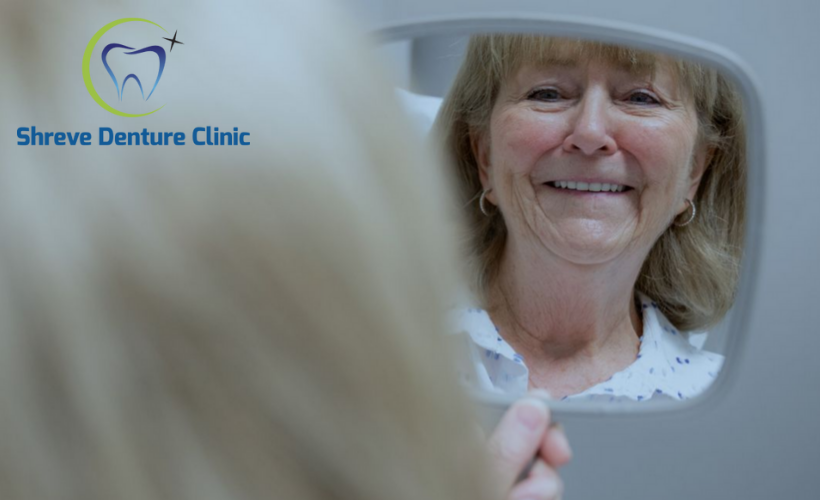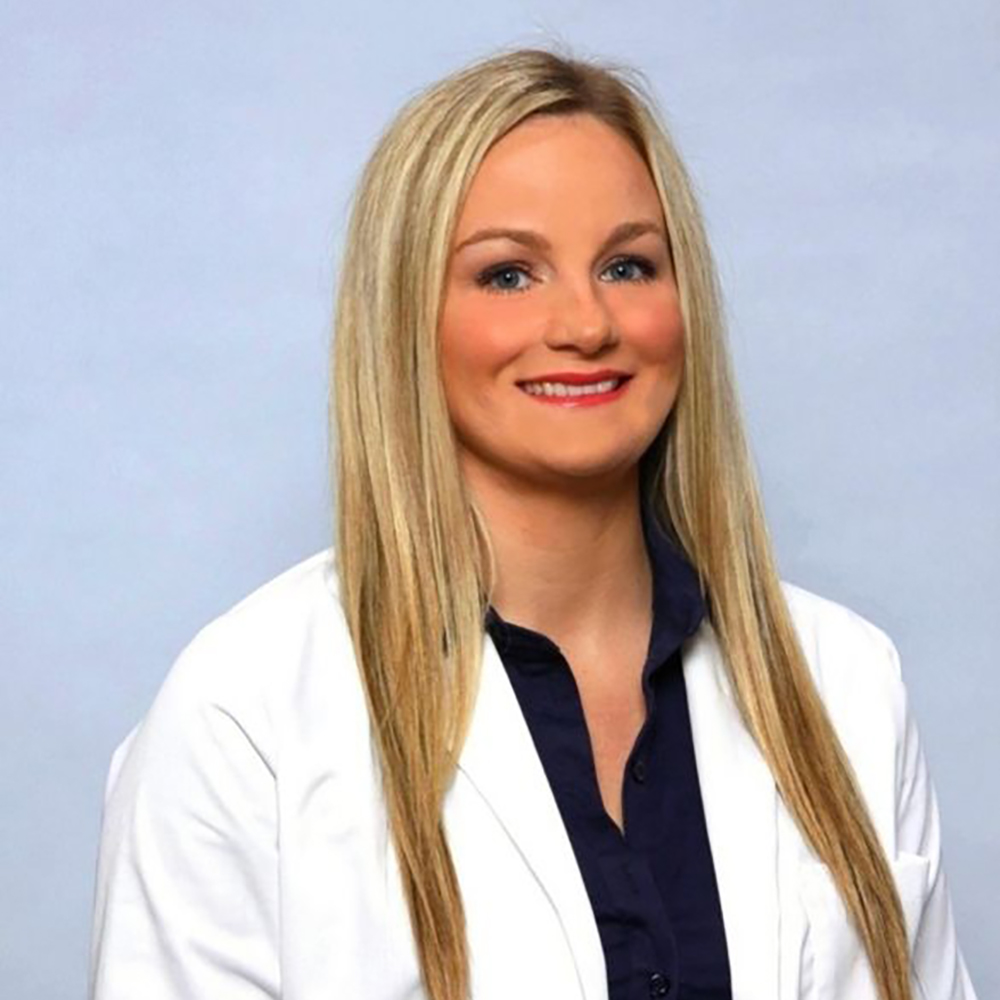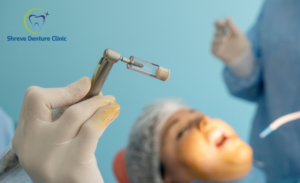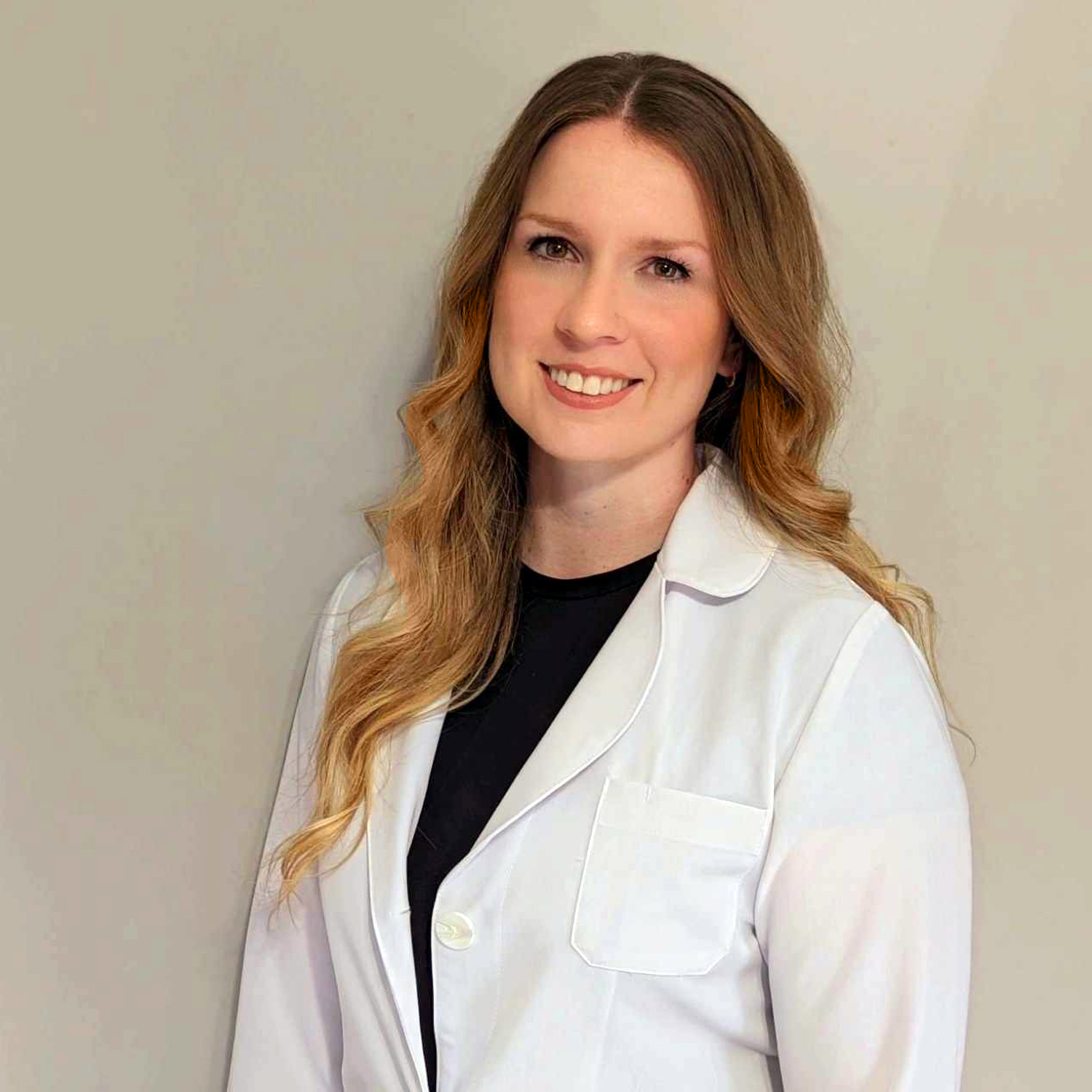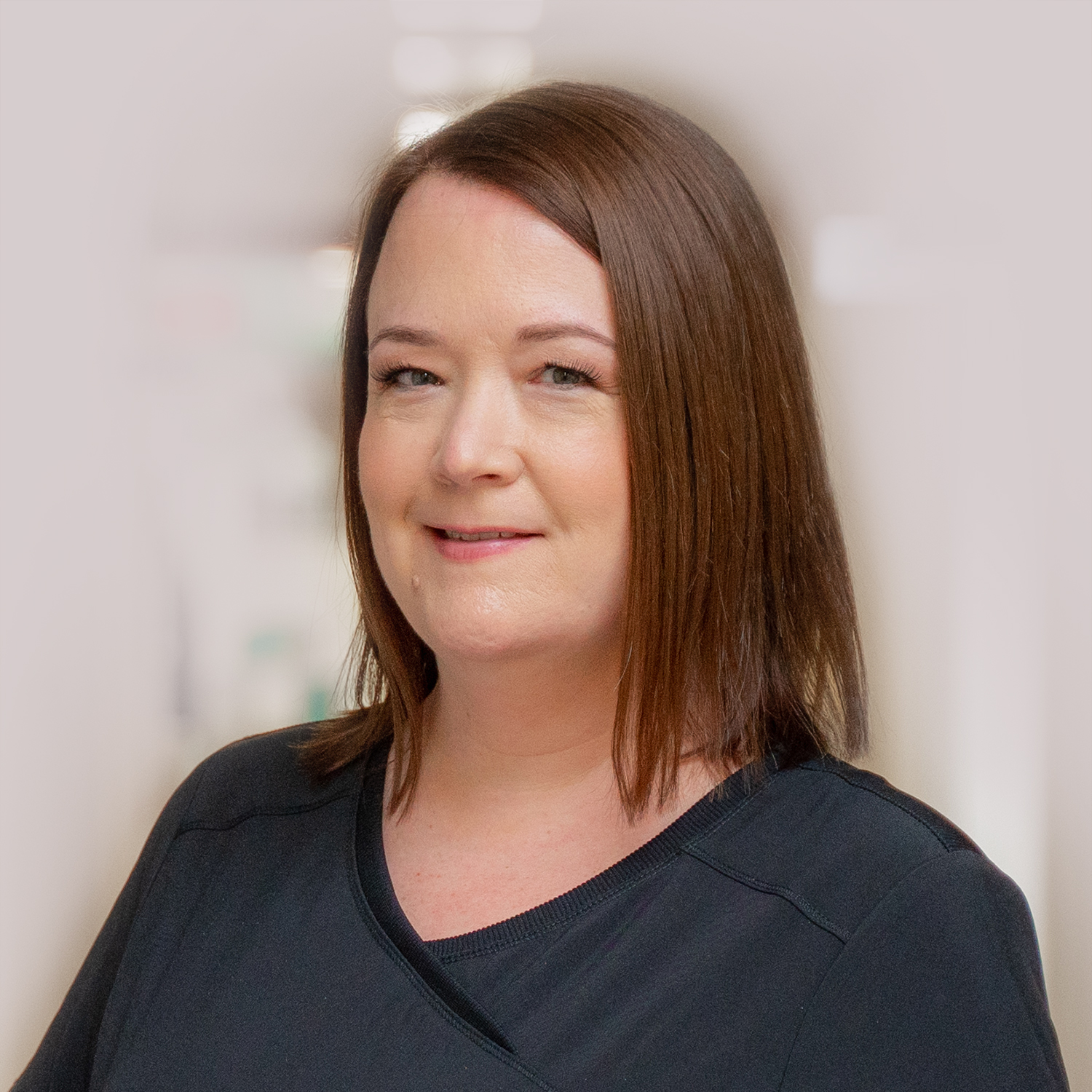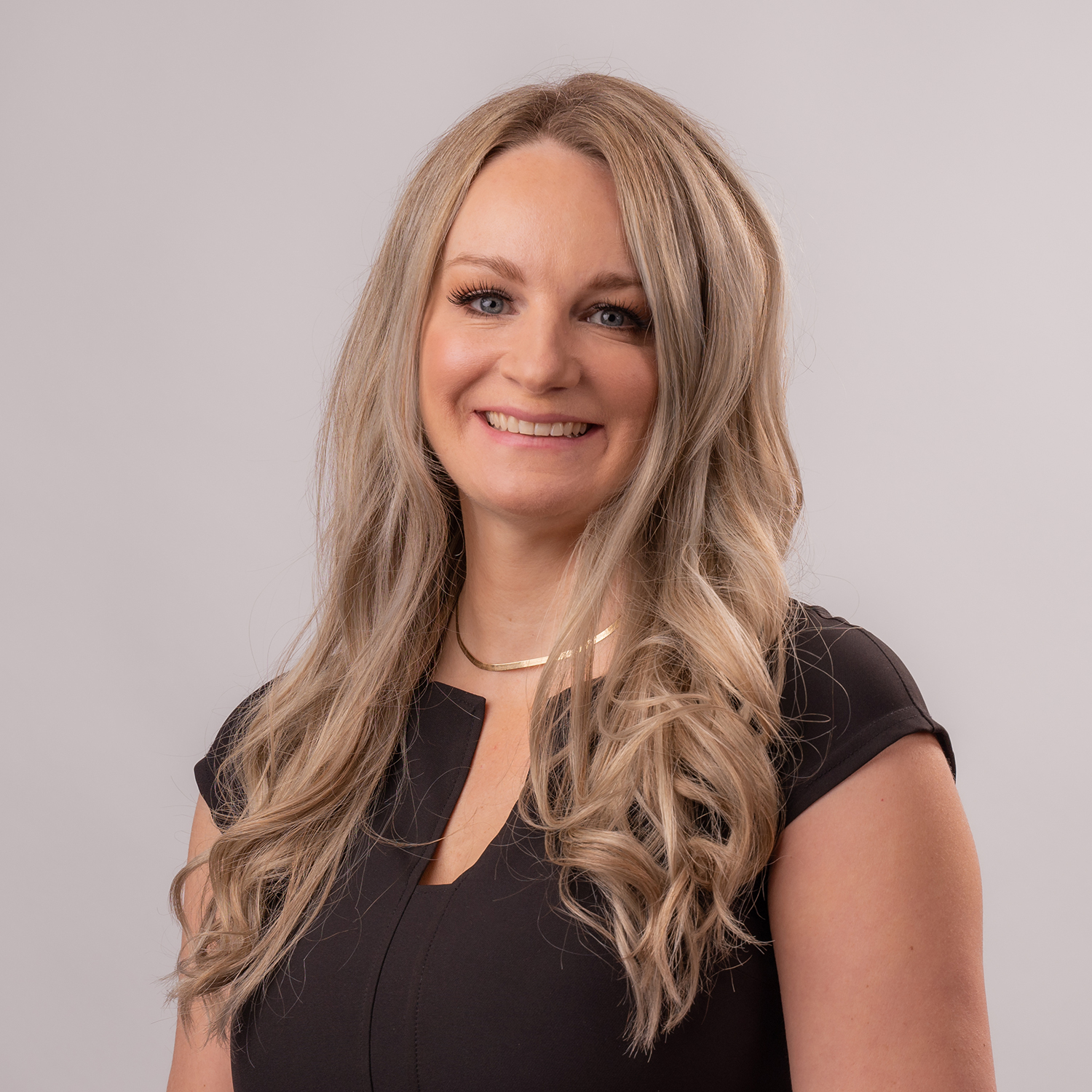Do you have several missing teeth in the upper jaw? Not having all your teeth, can harm your self-esteem and make daily activities more complicated, this can significantly impact your life. You may have trouble chewing or speaking, lose confidence, and stop smiling like before, which can all feel quite overwhelming.
Upper partial dentures have been designed to offer an effective solution to this problem. Acting as replacement teeth, professional partial dentures can restore your mouth’s functionality and improve your appearance.
Do you think partial dentures are what you need to recover your life style and beautiful smile? There are many things to learn about these tooth replacement options first! Fortunately, you can find all the crucial information here.
This article explores the common types and uses of upper partial dentures to help you understand if they’re the right dental prosthetics for you. Read on!
Going Over the Basics of Upper Partial Dentures
Before learning more about types and uses, it’s important to understand what upper partial dentures are and why many people choose them.
In the dentistry world, an upper partial denture is a custom-made appliance designed to replace one or more missing teeth, specifically in the upper jaw or “arch.”
These prosthetics are often attached to the natural teeth with a metal clasp. The partial denture will rest on your gums and palate.
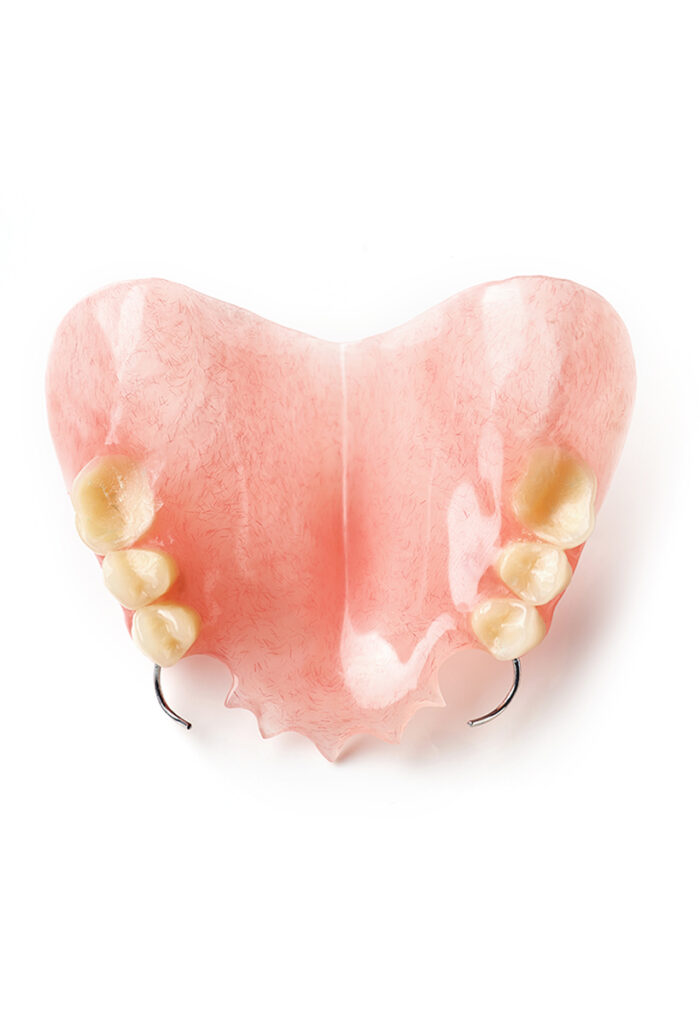
Advantages: Why People Use Partial Dentures?
Many people use artificial teeth to improve their appearance if they have suffered tooth loss. However, these appliances offer many benefits that go beyond aesthetics.
Besides restoring your smile and helping you have a better self-image, false teeth can do the following:
- Improve your speech
- Help you chew properly
- Prevent remaining teeth from shifting position
- Support your facial structure and prevent sagging
These teeth replacement options have become quite popular because they’re cheaper than fixed or implant-supported dentures. Most patients can afford these solutions to treat their tooth loss.
Removable vs. Fixed Dentures: How to Choose the Best Option
What comes to your mind when you think of partial dentures? Most people immediately visualize removable appliances when they hear this term, but there’s a fixed type that may benefit some patients, too.
Both can be excellent options, but you have to choose one based on your unique circumstances.
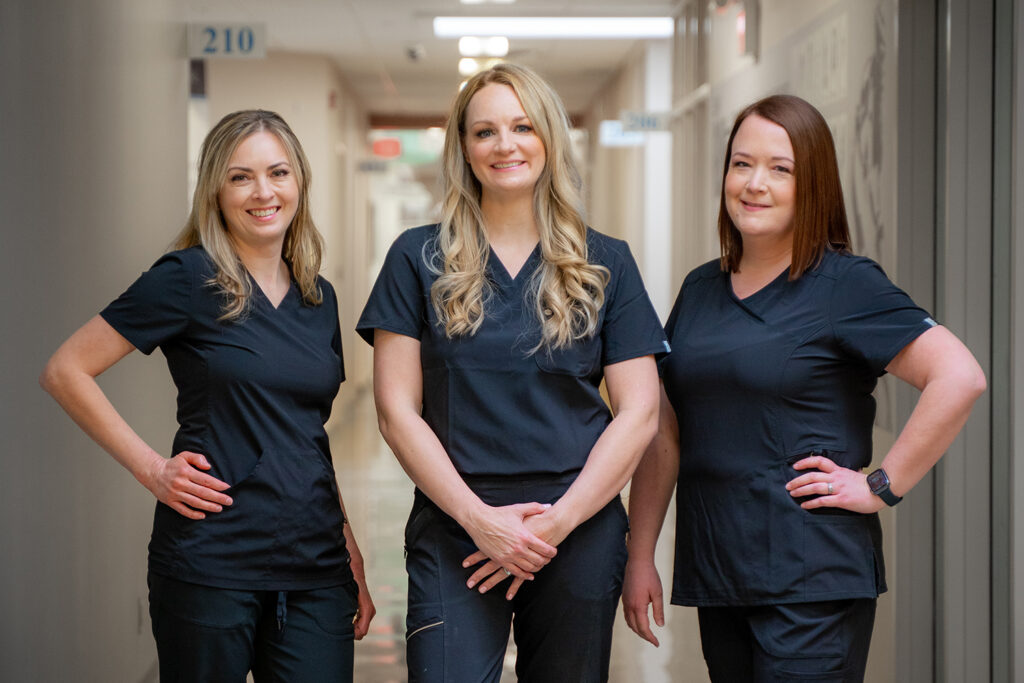
Seeking Help from an Expert Denturist
Denture Specialists should know their patients and understand their needs to help them choose the right treatment or temporary solution for their cases.
These are the factors that experts should consider to choose a suitable option:
- The patient’s medical history
- Past and preexisting conditions
- Medications used to treat medical conditions
- The clinical condition of the remaining natural teeth
- The clinical condition of the occlusion and wear of the dentition
For example, some teeth develop periodontal issues and require extraction or additional treatments, such as orthodontics or endodontic therapy, before dentures are placed. That’s why it’s so important to evaluate these clinical aspects.
Clinical Considerations
Below are other factors that professionals must consider when prescribing tooth replacement options:
Fixed Dentures
Manufacturing and delivering fixed partial dentures often involves invasive procedures that can cause bleeding.
Denturists often place a retraction cord for impressions, for example, but this poses certain risks, such as injury and pain.
Removable Dentures
Manufacturing removable partial dentures often involve modifying the natural tooth shape to create guide plans or rest seats where these appliances can be inserted. However, this treatment rarely induces bleeding.
Actually, even the most medically compromised patients could use removable partial dentures because these appliances don’t pose as many risks compared to fixed ones.
Many consider removable upper partial dentures to be reversible treatment options that improve patients’ oral health, fill the gaps left by missing teeth, and improve speech, chewing, and digestion.
If you choose this option, you can opt for more permanent treatment solutions in the future.
Upper partial dentures are even used to prevent issues that may affect your natural teeth, such as shifting and super-eruption, and help you get used to these appliances before switching to fixed options for more comfort or improved aesthetics.
Common Types of Upper Partial Dentures and Their Applications
Removable partial dentures come in different types. The following are the most common:
Cast-Metal Partial Denture
These dentures are made of non-flexible metal, which makes them durable. Plus, edentulous saddles are covered with acrylic resin to support each denture tooth. They’re suitable for every tooth configuration.
Cast-metal upper partial dentures often feature an anterior-posterior bar design or horseshoe palate, which can improve how you perceive temperatures and flavours. Moreover, these appliances have been modified over the years to address medical concerns, such as allergies, and enhance aesthetics.
Titanium is a biocompatible option for the metal framework since it doesn’t cause allergies often related to other metal components, such as nickel.
Acrylic-Clasp Partial Dentures
Often made from Zirlux acetal resin, these dentures have similar components as cast-metal options but without unsightly materials.
Acetal resin, which is available in multiple tooth-coloured and tissue shades, replaces metal, allowing clasps and frameworks to blend seamlessly for almost any application.
This material is a thermoplastic techno-polymer that can be heated, softened, and processed into different shapes. Thanks to this flexibility, these dentures can exert less stress on abutment teeth and can be used to improve retention in larger undercuts.
Flexible Partial Dentures
Valplast or TCS upper partial dentures, which are flexible, offer a removable tooth replacement option for patients who don’t like visible metal components or have developed allergies to metals or acrylic monomers.
These dentures can replace missing teeth on the upper arch but are also used as flippers or unilateral partials. Many specialists also recommend them as a temporary appliance for patients who are healing from implant placement.
Since flexible partials don’t have metal frameworks, they feature a thick thermoplastic nylon baseplate. This component contours the ridge and palate, making contact with the lingual surface and underlying tissues, for added support.
Facial claps are extensions of this component and are almost invisible when the denture is fully seated.
However, not all patients can use flexible dentures, especially those who have collapsed or deep bites or buccally-inclined posterior teeth.
Special Care for Upper Partial Dentures
Partial dentures require special care to preserve their integrity and appearance. Below are some tips:
- Clean partials in a safe place to avoid accidentally dropping the appliance
- Remove plaque and debris daily with a denture brush, water, and a suitable product, such as commercial paste, liquid soap, or special effervescent cleaner (based on type or material)
- Brush your natural teeth separately with regular toothpaste, using a soft-bristle toothbrush
- Avoid brush partials when seated in the mouth
Final Thoughts: Using Partial Dentures for Better Appearance and Functionality
Having healthy teeth is not only essential for your self-esteem but also for daily activities, such as chewing or even speaking. However, many people can lose them under certain circumstances.
Fortunately, upper partial dentures can be an effective solution. Fixed appliances have a natural appearance and are quite comfortable, while removable ones can be used to prevent remaining teeth from shifting, make minor tooth movements, reposition the jaw, and more.

To choose the best option, you should consult with an expert. Are you looking for one? Find reliable and seasoned denturists at Shreve Denture Clinic.
We have extensive experience fitting and constructing full and upper or lower partial dentures. Contact us for more information about our services!
